STRAIGHTtalk: With Frida Waara

Frida Waara, skier, writer, and adventurer flashes her effortless smile near Lake Superior in Marquette, MI. (MarquetteMagazine.com photo by Ron Caspi)
This month, Brian Cabell probes the mind of realtor-writer-adventurer Frida Waara, and finds out what makes this ever-enthusiastic, winter-loving woman tick.
BC: You were raised in Wixom in the Lower Peninsula. Was it a happy childhood?
FW: Oh, tremendous. I was outside all the time. I lived near a lake with plenty of room to play outside, with lots of friends to play with. We were on our bikes, we were waterskiing and swimming every day. My dad was a champion swimmer, the kind of guy that swam a ten mile marathon up the Mississippi River. So as soon as I could walk, I could swim, and then as soon as I could hold a fly rod, he was teaching me how to catch sun fish on a fly.
BC: You had a heavy Finnish influence from the very beginning.
FW: Oh yeah. My grandfather and grandmother spoke Finn, and then the Finn camp in Wixom was a really important place. We all played there. The people would all come to their summer place, their twelve by twelve cabins at the lake. They would be there to fish and boat, and my friends were there. We had community sauna on Saturday so you really weaved a lot of that Finnish culture into your life.
BC: Were you aware that the Finnish experience was a little different from the typical American experience?
FW: No, it felt natural. Now, my mom was a Southern girl that was always looking north, I guess. Married a darn Yankee, and he was a Lutheran right next door to a Catholic! But she adapted so well. She was an independent sort, and the Finns are like that.
BC: Looking back on your youth, is there a single day or moment that puts a smile on your face?
FW: I guess that would be the day—and I still hold it closely in my mind—that I met my husband Ron. All the events that led me to come Northern Michigan University were all part of the life path that was already established. You know, a family that was always outdoors and skied a lot. And it was an early fall snow in 1973, and I put on my skis because I came here to be a skier on the Alpine ski team at Northern, and I went to the courtyard at Hunt Hall and…pretty naïve…marched around on my skis, and said, “Hey, does anyone wanna play with me?” And the boys were playing fox-and-geese, and I joke that Ron beaned me in the head with a snowball that day, and I’ve never been the same since! I was very young when I met him—seventeen—and we got married when I was nineteen. But it was all part of that life path, and it was all about snow.
BC: I get the sense you’ve had a nearly lifelong love affair with your husband.
FW: Absolutely. We’ve been together more than forty years…(pauses)…I get choked up just thinking about it. We’ve gotten to be so many different people! We were students on food stamps, and now years later, look at us. I’ve watched him with his entrepreneurial spirit, and we’ve watched that come back through our children. That’s just fabulous! He was very close to my parents. He always tells people that he would have married me just for my mother! Now, how often does that happen? That connection between us was just meant to be.
BC: You’re known as someone who loves the cold, loves the snow. Almost to the point of an obsession. Do people ever give you a hard time about it?
FW: Oh, I’m sure some do, but I work really hard with the programs I’m involved with—the UP 200, Becoming an Outdoorswoman, Chicks on Sticks—trying to get people outside! Because for me everything gets better when you get outside. And I really try to get women outside because I think they’re the ones that don’t, and the longer you look at the laundry or the longer you look at your floor inside and all of that stuff, it just eats you up. And if we spend our life just trying to keep the floor clean, what a waste of time and energy!
BC: You’ve visited some of the far reaches of the world. Like where?
FW: They say I’m certifiably bipolar. April 24th at four o’clock in the morning, I reached the top of the world, the North Pole, with a women’s expedition. I was the first woman from Michigan to reach the top of the world on skis, and I believe I’m the first woman in Michigan to ski at both Poles. I didn’t ski to the South Pole but I skied at the South Pole, and I did that in December of 2010.
BC: You also trekked across Finland.
FW: Yes, I came home one time and told Ron, “You know, we have been cross country skiers all our lives, but we’ve never crossed a country.” And he said, “What?” And I said “We’ll make it the flattest, skinniest, and easiest country,” and so we skied across Finland from Russia to Sweden, and there was a whole group of nine of us from Marquette who did it.
BC: When you’re out skiing in the cold and looking at the snow and the ice, what are you thinking?

WomenQuest Polar Trek Expedition to ski at the North Pole. Frida Waara is pictured on the far right. (photo courtesy of Frida Waara)
FW: The polar regions don’t have any relief…you know, there’s no trees…so you start letting that be your blank canvas. And the whole act of the rhythm of moving forward under your own power brings out these thoughts, these images. I can’t shut it off.
BC: Have you ever run into any danger or serious problems on your adventures?
FW: Yeah, I was the first to melt down at the North Pole. It took seven years to get that expedition to happen, and I was so well trained for it, but when I got there, I realized—and I was told this—it was not just a physical journey, it was a mental journey.
BC: What does that mean?
FW: First of all, we don’t live with twenty four hours of daylight, we don’t live where we don’t see anything alive. Even in the dead of winter, we see trees here. You get there, there’s nothing alive. It’s totally alien. You can’t tell which way is north, south, east or west. So you have to adapt, and it’s also thirty degrees below zero and you’re living in a tent. Every single aspect of survival is on a whole different level.
BC: Do you follow politics and world affairs?
FW: I am very concerned about the women and children in the world. My idea of what we should do in the Middle East is that we set up refugee camps at the borders and we just welcome all the women and children. For free. We’ll feed you, we’ll educate you, we’ll comfort you, we’ll shelter you.
BC: And let the men fight it out?
FW: Absolutely.
BC: Anything else worry you?
FW: Our daughter Erica (a graduate student in medical anthropology) is very involved with climate change work for NOAA, and we communicate regularly. Right now Mt. Baker (WA) is closed! Mt. Baker once had the highest snowfall of any place in the United States, and it’s now closed to skiing. There’s not enough snow. How strange is that?
BC: You’re very proud of your son and daughter, it’s clear. What is it about them that you admire?
FW: Being on their own path. They, too, love the outdoors and they’ve made worldwide friends. You know, my son Ian (a professional snowboarder) chose not to go to college, and a friend said, “Oh, he needs to go to college for the networking” and I was like, are you kidding me? Last week, Ian was flying from Japan to France, stopped in Frankfurt for Customs. In the Frankfurt Airport, he met up with one of his friends from China who then took the opportunity to invite him to China for an event. How about that? And I asked my kids one time if there was ever an airport in the world where they didn’t have someone they could call on if they had a delay, and Erica said at that time, Arkansas. But then at Christmas, she came home and said, “Scratch Arkansas.” She had met someone. How wonderful is that to have friends all over the world?!
BC: Let’s get back to you. What’s your favorite ordinary thing to do in life?
FW: Six o’clock on a Friday night having drinks with friends at the top of the Landmark Inn. Absolutely, hands down, the best place to be.
BC: Finally, what would you like to be written on Frida Waara’s tombstone?
FW: She loved where she lived. Every aspect of it. The people here! You can get any town in the country to hand out bananas and Gatorade on a Sunday in August for a marathon. But these people here will stand—stand, not sit—from midnight until five in the morning with the wind blowing sideways at ten or twenty below, and hope that they see a dog team in the UP 200. This is a community with no excuses. We know adversity, we know hardship, but we get over it. What builds character is not winning, it’s staying in the game. This town does that. I’m so proud of that.
BC: Thank you, Frida.







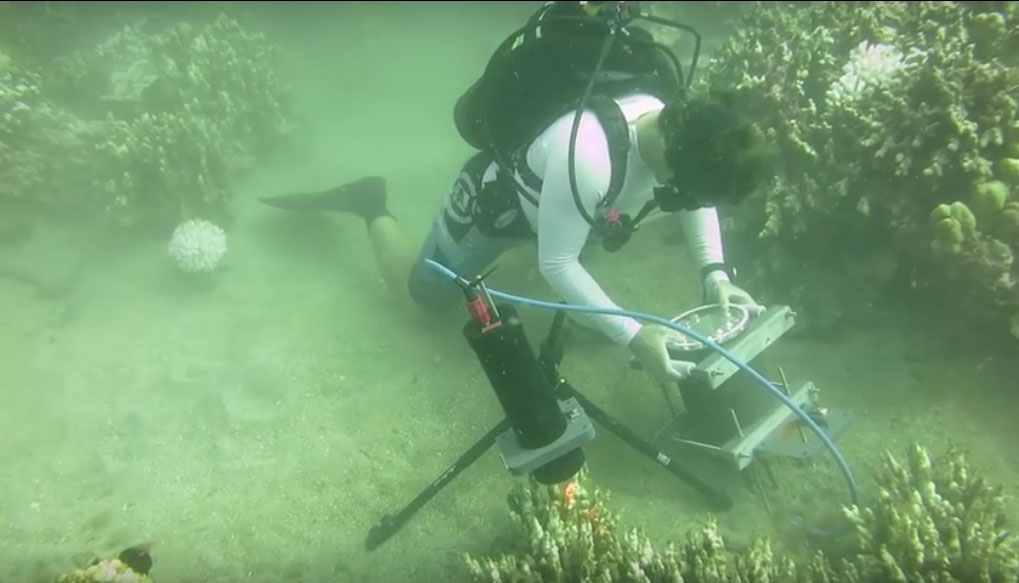
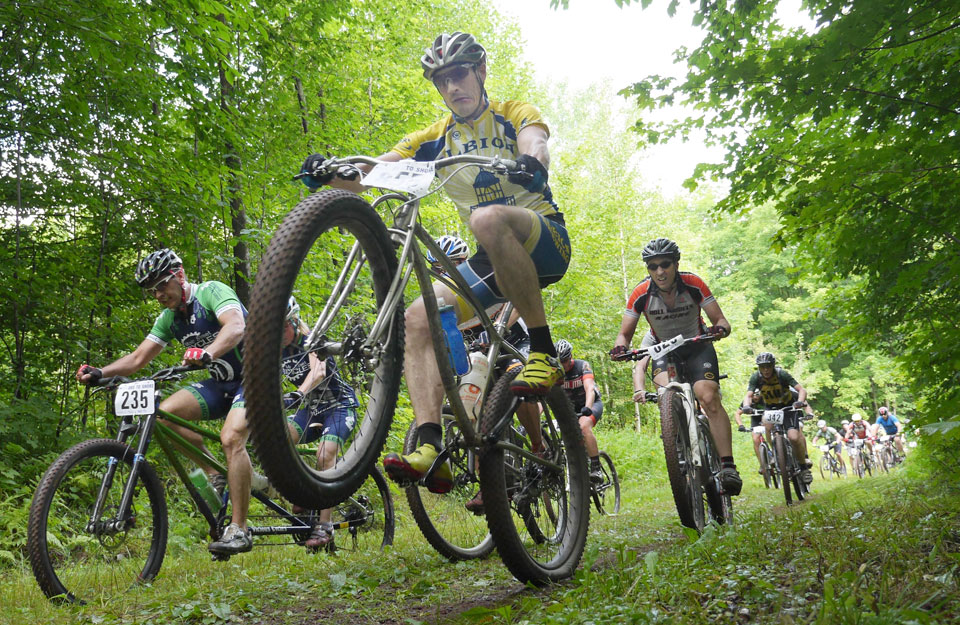
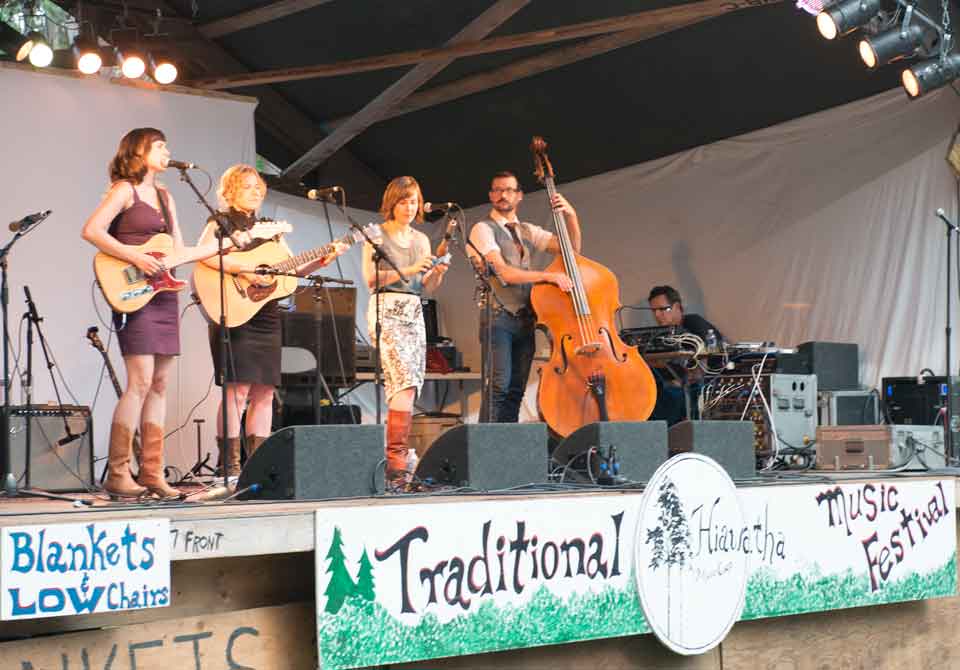
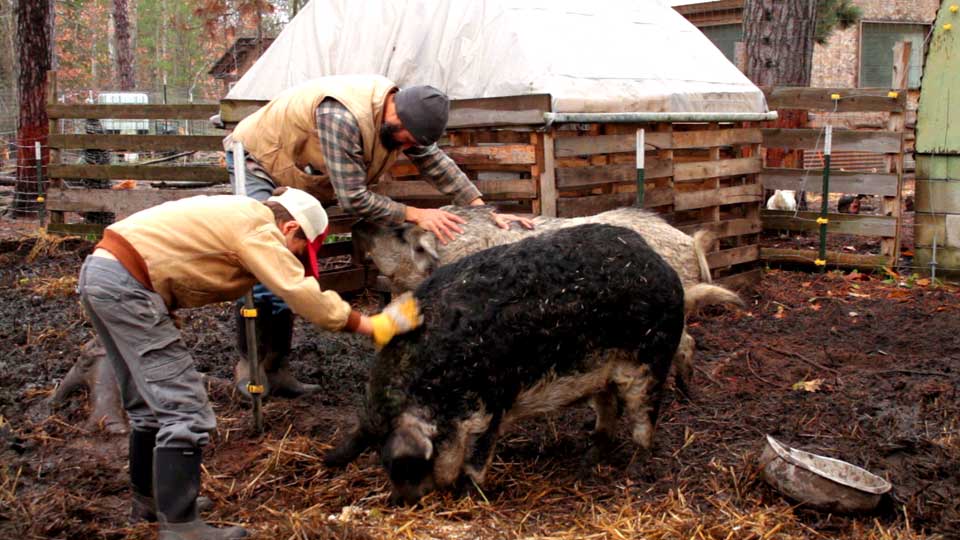
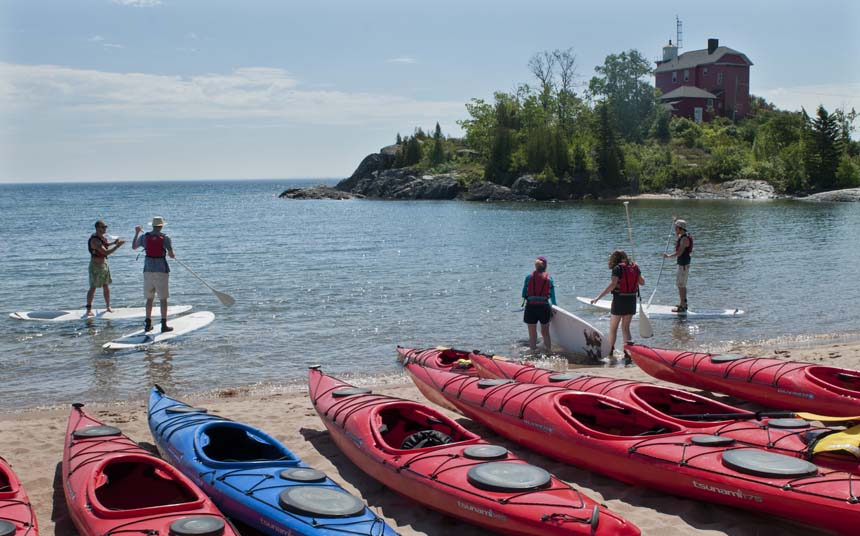
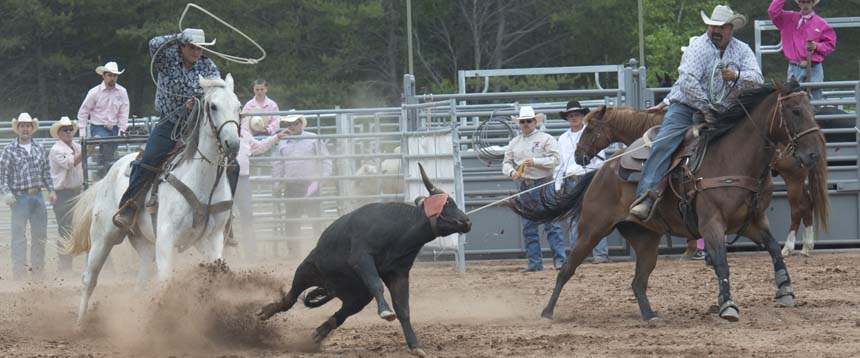
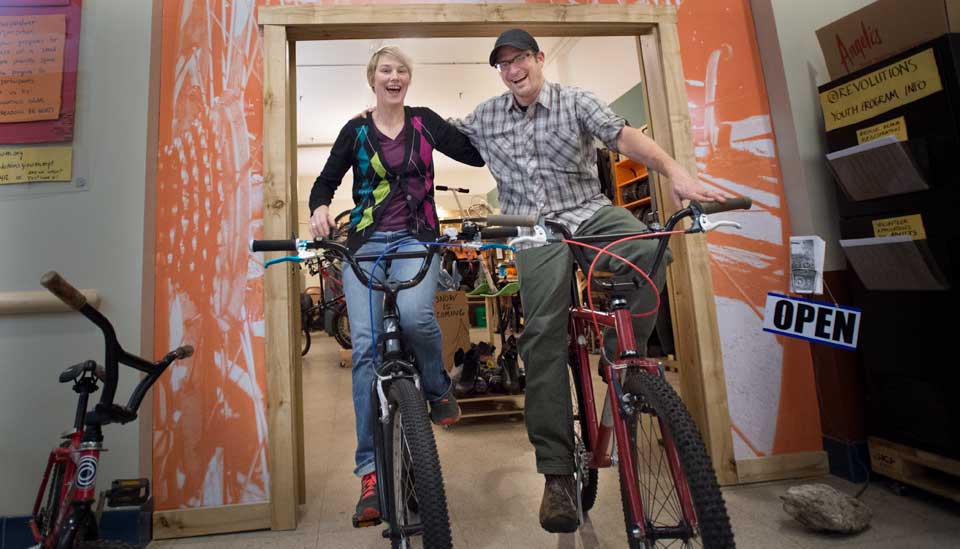
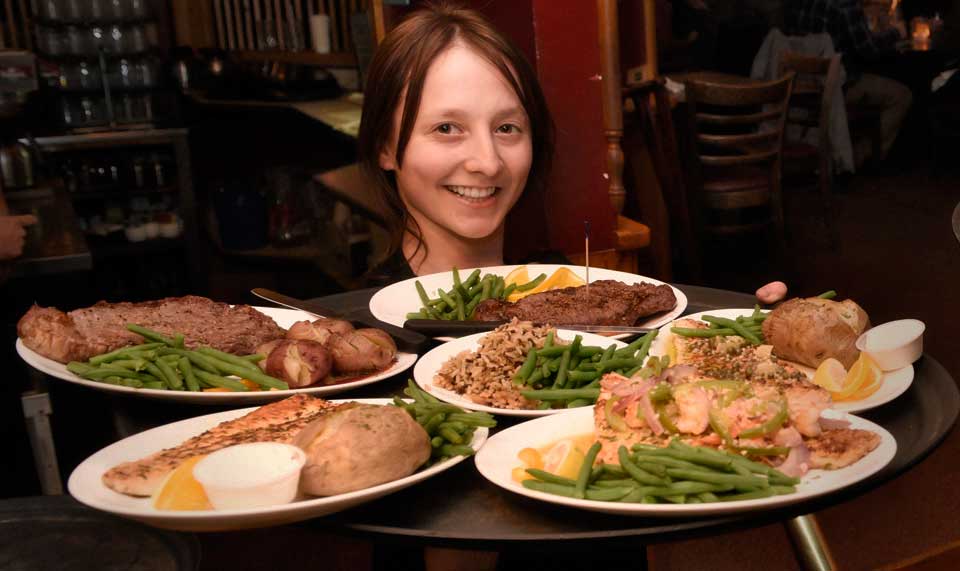
You must be logged in to post a comment Login